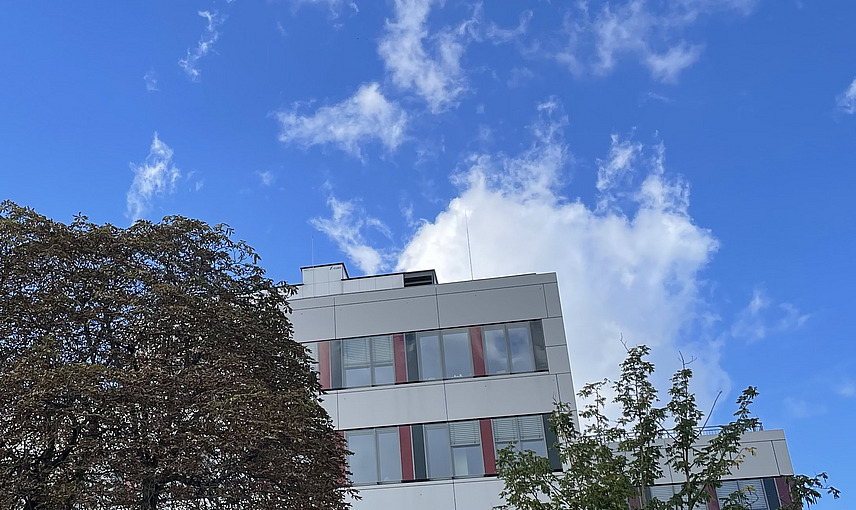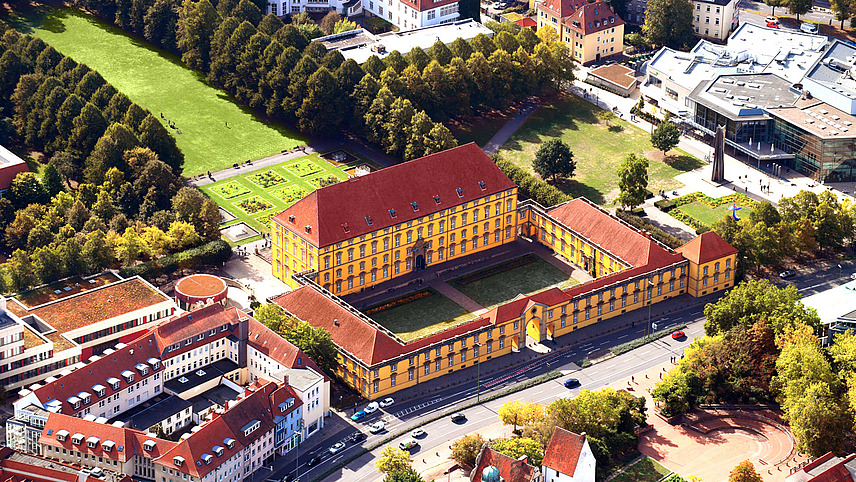Profile and history of the institute
The Institute of Social Sciences has existed since Osnabrück University was founded in 1974 and combines the subjects of Political Science and Sociology under one roof. Eleven Research Groups cover the main areas of both disciplines in teaching and research. Since 2015, the Institute has been part of the University's School of Cultural Studies and Social Sciences, which was merged from the previously independent Schools of Cultural Studies and Geography. Since 2024, the institute has been based in the completely renovated EW building directly on the university's city center campus around the historic castle.
The Institute of Social Sciences offers a wide range of Bachelor's and Master's degree programs. In the Bachelor's area, the programs Social Sciences (B.A.), European Studies (B.A.) as well as Political Science and Sociology are each offered in a 2-subject Bachelor's variant. The Master's programs include European Governance in Transformation (M.A.), International Migration and Intercultural Relations (M.A.) and the English-language program Conflict Studies and Peacebuilding (M.A.). The Master's in Sociology: Dynamics of Social Change will be replaced by a new program Sociological Time Diagnosis (M.A.) in 2025.
The Institute is also affiliated with the interdisciplinary Institute for Migration Research and Intercultural Studies (IMIS) and maintains a wide range of interdisciplinary and institutional contacts with the Center for the Study of Conflict and Peace, the Japan Research Center and the Jean Monnet Center of Excellence in European Studies, which is funded by the European Union. In addition, there are close relationships with non-university institutions such as the Osnabrück-based German Foundation for Peace Research.
The Institute is very well connected both nationally and internationally - this applies both to cooperation in research and to collaboration with foreign universities within the framework of exchange programs. The Institute maintains over 40 Erasmus cooperation programs alone and has further connections to universities in order to offer its students interesting experiences abroad in and outside Europe.



